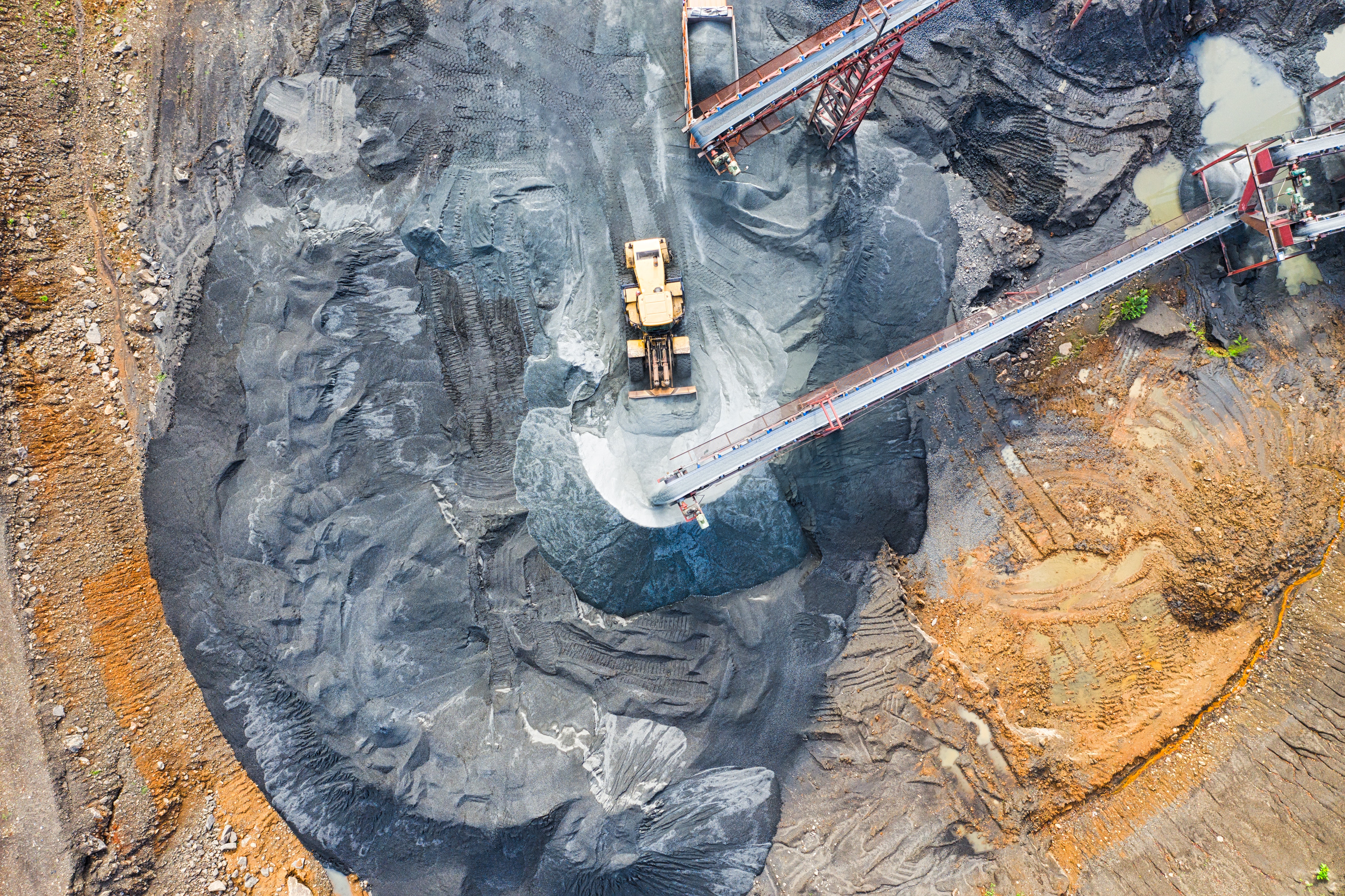A new report from Systemiq and supported by Breakthrough Energy and the Energy Transitions Commission, “A Critical Raw Material Supply-Side Innovation Roadmap for the EU Energy Transition“, highlights the role of innovation to accelerate critical raw materials primary production to meet climate goals and enhance strategic autonomy in Europe. The report, developed with input from industry leaders and experts, outlines key technologies and policy recommendations to sustainably boost CRM supply.
Critical raw materials (CRMs) are essential for the clean energy transition, powering technologies from electric vehicle batteries to wind turbines. However, the EU faces significant challenges in securing adequate raw material to meet the objectives of the EU Critical Raw Materials Act (CRMA). Europe’s share of global minerals production has fallen from 25% to less than 7% over the last 40 years, leading to increased import reliance.
The CRMA, which entered into force in 2024, aims to reverse this trend by setting ambitious targets for domestic mining, processing, and recycling of CRMs by 2030. But the EU has yet to build up to the necessary momentum to meet the 2030 benchmarks, with many projects facing delays due to local opposition and permitting challenges.

“Accelerating investment for R&D and deployment and creating a supportive regulatory and trade environment that establishes robust domestic supply chains for critical raw materials is a necessity for the EU to secure a leadership role in the clean energy sector. By leveraging innovative technologies, the EU can reclaim competitiveness, bolster its strategic autonomy, and minimise the environmental footprint of mining and refining processes. Technological advancement and a more sustainable approach will be the cornerstones of Europe’s resource independence and green industrial future.”
Julia Renaud, Senior Director – Europe, Breakthrough Energy
The report focuses on six critical materials facing substantial global supply-demand challenges: copper, nickel, cobalt, lithium, graphite, and rare earth elements. It identifies a set of seven key technologies from a longer list of twenty with high potential to sustainably boost supply of these CRMs in the EU and strategic partner countries over the next 10-15 years. These technologies not only offer the opportunity to rapidly boost the total supply of these materials, but also to significantly reduce the impacts of their production in terms of GHG emissions reduction, water use, chemical waste streams and tailings management. With the EU’s 2030 benchmarks for critical raw materials rapidly approaching, time is of the essence to implement these innovative solutions. Failure to act swiftly could jeopardise Europe’s energy transition goals and its position in the global clean technology market.
To overcome challenges in cost competitiveness, price volatility, and social license for new projects, the report calls for targeted policy support, drawing on case studies from other countries. Specifically, the report calls policymakers to:
1. Accelerate investment in breakthrough technologies that can leapfrog traditional processes, delivering lower environmental impacts in the longer term
2. Increase funding available for first-of-a-kind deployment at commercial scale, using blend of capex and opex support mechanisms
3. Support innovators in securing offtake agreements offering price stability for domestically produced materials to provide project certainty
4. Streamline administrative process and facilitate coordination to fast-track high-impact projects
5. Promote domestic production by targeted trade measures where necessary, while promoting innovative technologies in partner countries

“In the long term, the shift to a clean energy system will lead to a circular system with limited need for further resource extraction.”
“However, in the immediate future, we must intensify our efforts to secure critical raw materials essential for the energy transition. Simultaneously, we must strive to mitigate the environmental and social impacts of extraction, striking a delicate balance between progress and preservation.”
Adair Turner, Chair, Energy Transitions Commission
The report is designed to equip policymakers, industry leaders, and other key stakeholders with actionable insights to develop a cohesive innovation roadmap for securing Europe’s critical raw material needs. We believe this is an essential foundation for our clean energy transition and our continued leadership in the global fight against climate change.

“The EU faces a critical juncture in securing sustainable supplies of raw materials essential for its clean energy transition. Our analysis details technologies that could be pivotal in achieving the EU’s triple objective of fostering innovation, ensuring competitiveness in a low-carbon future, and reducing dependencies. With the right approach, Europe can meet its critical raw material needs and set a new global standard for responsible resource management, strengthening its position in the global innovation race.”
Eveline Speelman, Partner, Systemiq
The report “A Critical Raw Material Supply-Side Innovation Roadmap for the EU Energy Transition” has been developed with input from experts from across industry, academia, and leading industry experts. It should serve as a crucial guide for EU policymakers and industry leaders as they work to secure the critical raw materials needed for a sustainable, low-carbon future.

